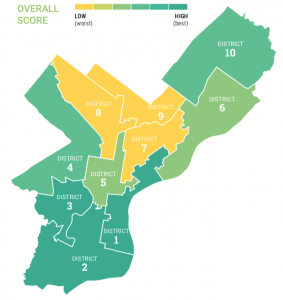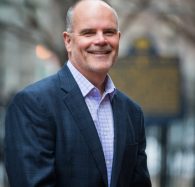Get Involved

 Become a Thought Partner
Become a Thought Partner
Partner with us to produce thought leadership that moves the needle on behavioral healthcare.
 Other options to get involved
Other options to get involved

Thank you!
We received your information and will be in contact soon!
Get Involved

 Grantmaking
Grantmaking
We fund organizations and projects which disrupt our current behavioral health space and create impact at the individual, organizational, and societal levels.
 Participatory Funds
Participatory Funds
Our participatory funds alter traditional grantmaking by shifting power
to impacted communities to direct resources and make funding decisions.
 Special Grant Programs
Special Grant Programs
We build public and private partnerships to administer grant dollars toward targeted programs.
 Program Related Investments
Program Related Investments
We provide funds at below-market interest rates that can be particularly useful to start, grow, or sustain a program, or when results cannot be achieved with grant dollars alone.
Get Involved

 Tia Burroughs Clayton, MSS
Tia Burroughs Clayton, MSS
Learning and Community Impact Consultant
Add some text here
 Alyson Ferguson, MPH
Alyson Ferguson, MPH
Chief Operating Officer
Contact Alyson about grantmaking, program related investments, and the paper series.
 Samantha Matlin, PhD
Samantha Matlin, PhD
Senior Learning & Community Impact Consultant
Contact Samantha about program planning and evaluation consulting services.
 Caitlin O'Brien, MPH
Caitlin O'Brien, MPH
Director of Learning & Community Impact
Contact Caitlin about the Community Fund for Immigrant Wellness, the Annual Innovation Award, and trauma-informed programming.
 Joe Pyle, MA
Joe Pyle, MA
President
Contact Joe about partnership opportunities, thought leadership, and the Foundation’s property.
 Bridget Talone, MFA
Bridget Talone, MFA
Grants Manager for Learning and Community Impact
Add some text here
Over the last several years the Scattergood Foundation has prioritized taking an asset-based approach to our work. We believe now more than ever funders must invest in our strong existing community-based assets in response to the health and economic needs created by the pandemic.
The cornerstone of our thinking has been our Place Matters Report. The report contests all of us to rethink our methods to solving the challenges that confront the health and well-being of Philadelphia’s children. The report urges policy makers, funders, and others to look beyond the city’s problems and take an asset-based, data-driven approach to improving outcomes for children when demand for services is far outpacing the available resources and existing capacity.
well-being of Philadelphia’s children. The report urges policy makers, funders, and others to look beyond the city’s problems and take an asset-based, data-driven approach to improving outcomes for children when demand for services is far outpacing the available resources and existing capacity.
The foundation was compelled to do this work to address the fact, that dozens of maps exist which only highlight Philadelphia’s risks. We remain committed to being part of the solution to non-profits during and after this crisis. We can no longer use traditional maps, data points and funding mechanisms that only look at risks and do not provide any insight about how to address the problems long-term. We have found these, often neglect to highlight the many assets that can and do mitigate risks in our neighborhoods across the city.
We fundamentally believe to stabilize the non-profit sector; the allocation of resources cannot simply be the same amount of resources in every community or every organization. The risks aren’t equally distributed and the response should not be either. Rather we must consider the distribution of assets relative to the risks. To date as a city (both public and private entities) we have not approached resource allocation based on strengthening assets in areas with the greatest risk.
I once again leave you with a final question to consider during this new unprecedented time “How can you take an asset-based approach to your work?”.
I also encourage you to check back as we advance the Place Matters during this spring and summer.













